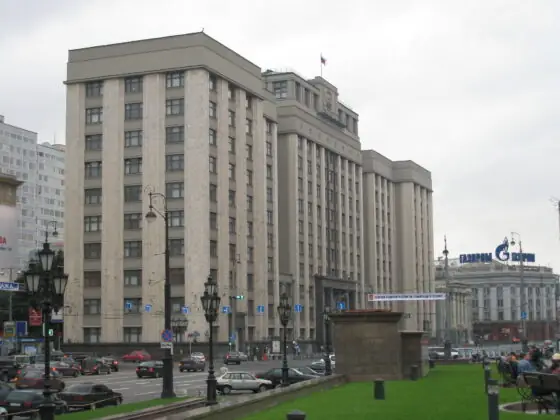Few observers doubt that oil and gas serve as the economic foundation for the political regime built by Vladimir Putin in Russia. The global rush for energy and rising prices on fossil fuels have underpinned Russia’s revival on the international arena and padded the popularity of Russia’s president domestically. The “fat” 2000s brought a semblance of economic stability, increases in salaries and pensions, and Russia’s association with the BRICS—a group of high-growth emerging economies hoping to join the ranks of the world’s most influential countries in the twenty-first century.
The Russian economy’s dependence on energy resources is well-established. According to various estimates, between 50-80 percent of Russia’s federal budget depends on commodities revenues. Although the contribution of oil and gas rents to Russia’s GDP is not very high—around 4 percent for gas and 14 percent for oil in 2010—the dependence of the federal budget on oil revenues has been increasing over the last few years. The 2012 budget, for example, needed an oil price of around $120 a barrel to balance; the 2013 budget needs prices of $125 or more to break even. Economists at the Higher School of Economics in Moscow have warned that if oil prices hit $80 per barrel, the government will quickly deplete its reserve funds. To meet Putin’s domestic spending campaign promises, estimated to cost $309 billion (Financial Times, June 20, 2012), oil prices need to grow by $10-15 annually.
Recent global developments in the energy sector appear to threaten the Russian oil and gas dependent economic model. The technological changes associated with shale energy production that have been developing over the last few years have already reconfigured the global energy industry and will likely impact the broader geopolitical landscape as well as domestic politics in states highly dependent on energy trade. Is Putin’s luck undermined by what came to be known in the United States as the shale gas revolution and the potential shale oil revolution? This policy memo will first review the impact of these recent developments in the United States and globally and discuss how these changes have already impacted Gazprom, Russia’s leading energy company. The first section will also examine the existing estimates for the shale oil revolution. The second section will review the Russian government’s reaction to these developments. The last section will assess the longer-term implications of changes in the global energy sector for Russia’s economy and politics.
Shale Fever and the Future of Putin’s Russia
PONARS Eurasia Policy Memo No. 271
by Gulnaz Sharafutdinova
July 2013









